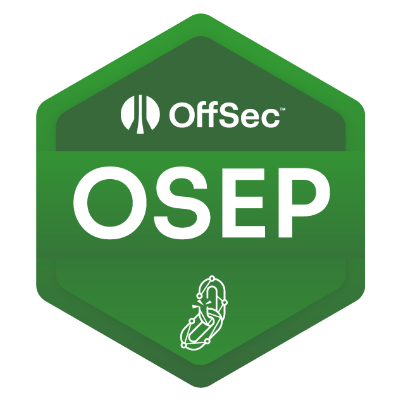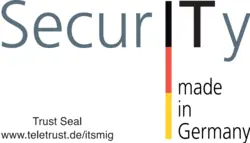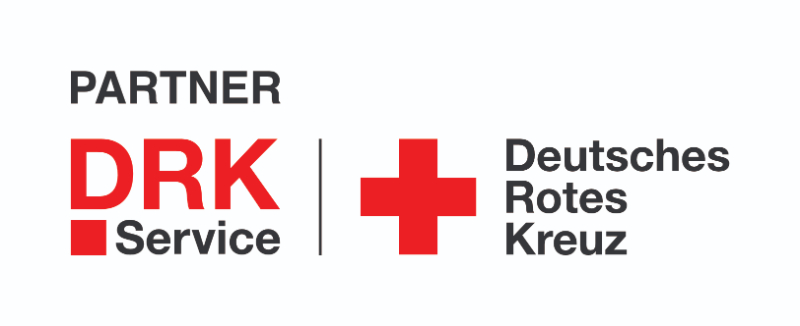Incident Readiness: So that you can react safely and confidently in an emergency
A cyberattack or IT security incident often comes unexpectedly. With our best Incident Readiness Consulting make sure that your organization is technically, organizationally and communicatively prepared for an emergency.
What does Incident Readiness mean?
- Tried and tested processes and clear Escalation channels
- A competent Escalation channels that knows exactly what to do
- Transparent communication internally and externally to maintain trust
Our services at a glance
Incident readiness maturity analysis
- Assessment of your current level of preparedness for security incidents
- Identification of gaps and potential for improvement
- Concrete recommendations for action to increase your level of maturity
Definition of initial response processes & escalation paths
- Creation of clear guidelines for the first 24 to 48 hours after an incident
- Structured escalation paths for all teams involved (IT, management, etc.)
- Ensuring efficient time and resource management
Interface management (IT, management, PR, legal)
- Clearly defined roles and responsibilities during an incident
- Coordination between technical and non-technical stakeholders
- Integration of external partners (legal advice, PR agency) if required
Communication templates & emergency action instructions
- Ready-made templates for internal and external communication
- Recommended actions in the event of a data leak or system failure
- Regular update and customizing of templates for different scenarios
Tool selection support
- Advice on integrating IR platforms, forensics tools and log management solutions
- Recommendations for established best practices and state-of-the-art technologies
- Configuration review and integration into existing processes
Why is incident readiness worthwhile?
Minimize damage
Those who are prepared can react quickly and limit the impact of security incidents.
Clear responsibilities
Defined processes mean that everyone knows what to do and there are no unnecessary delays.
Legal & regulatory security
Numerous regulations (e.g. GDPR, KRITIS) require a structured approach to security incidents.
Strengthening trust
Professional communication - internally and externally - is essential to maintain the trust of customers, partners and employees.
Häufig gestellte Fragen (FAQ)
How does Incident Readiness differ from Incident Response?
Incident Response is primarily concerned with the specific response to an incident that has occurred. Incident readiness, on the other hand, focuses on forward-looking preparation in order to be able to act as effectively as possible in an emergency.
How long does it take to improve our incident readiness?
That depends on the complexity of your organization. An initial maturity analysis can usually be implemented within a few weeks. Subsequent measures can take a few months until they are fully established.
Which teams should be involved in the readiness process?
In addition to the IT department, we recommend involving management, PR/communications, legal, HR and, if necessary, external security specialists. The more comprehensive the team, the faster and more effectively you can react.
Can we update our incident readiness concept regularly?
Absolutely. Security threats and technical environments are constantly changing. Therefore, processes and templates should be reviewed and adapted at least annually.
How do you specifically support us in tool selection?
We analyze your current technical stack and your process requirements. We then recommend tried-and-tested technologies that can be seamlessly integrated. Of course, the final decision is up to you.
Emergency?
+49 157 92500100Switzerland
Selected Certifications













